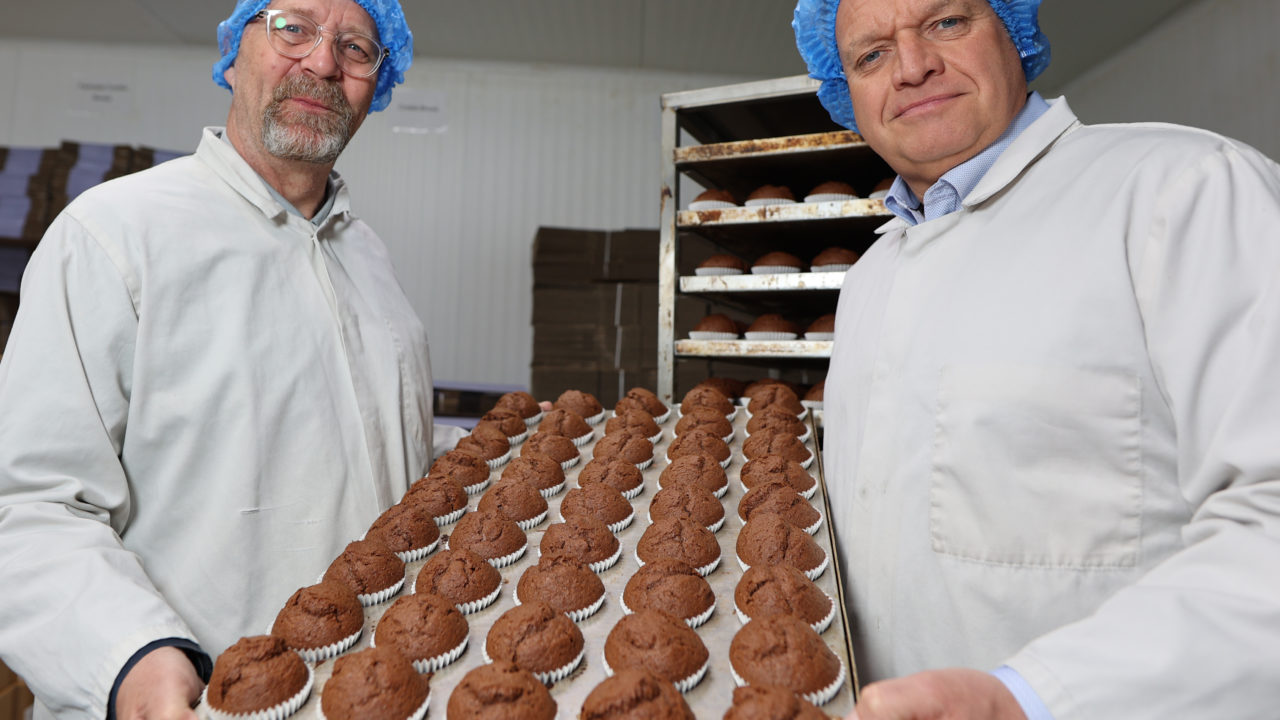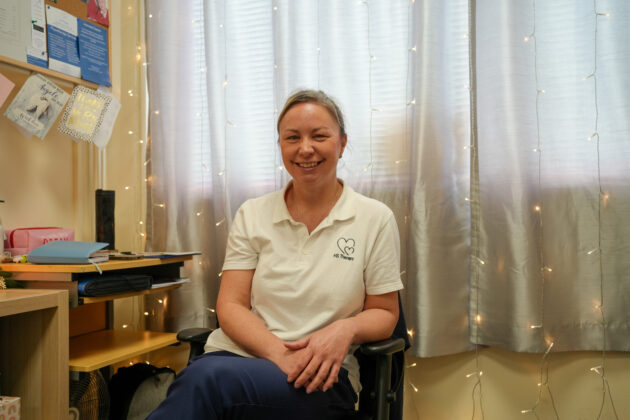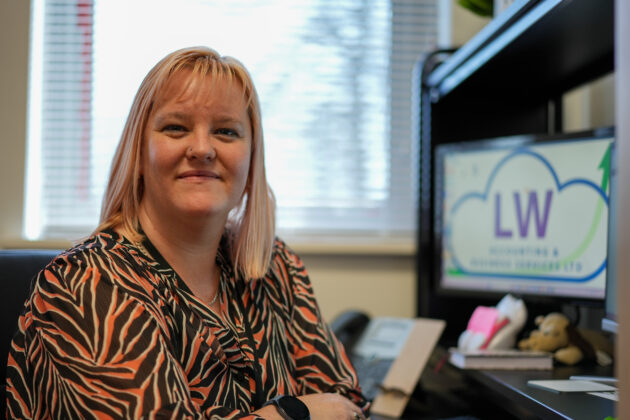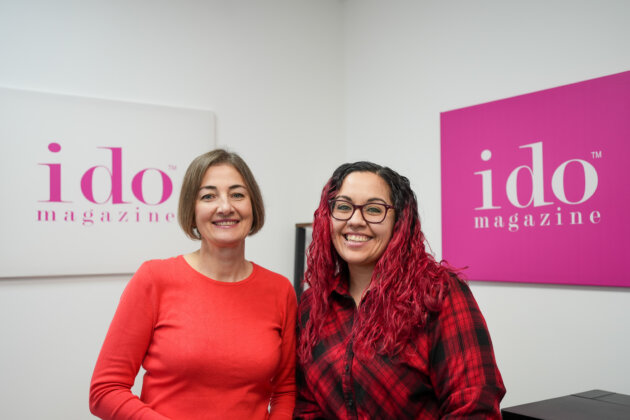
Barnsley business, White’s Bakery, is one of the first in the region to benefit from a free programme of intensive support to help it become a net zero carbon emitter.
The Net Zero Accelerator at The Business Village offers diagnostics, innovation support, group training, peer-to-peer networking, and innovation coaching for 36 ambitious and innovative businesses.
The programme came at exactly the right time for Managing Director and third-generation baker, David White, who in 2020 feared he would have to close the doors when the Covid lockdown saw sales suddenly drop by 95%.
Instead, David began measuring waste and energy, looking at cost reductions which have since transformed the business.
“One change we made was with our waste packaging. The plastic and cardboard originally went to landfill but it’s now being sold for recycling, turning it into a source of income.”
Measuring carbon footprint is one of the key elements of the Net Zero Accelerator programme and it’s given David the tools to look more into the environmental aspect of the business and find further savings.
With some of the work on energy usage and waste packaging already underway, David has been able to focus on gathering other data for flights, hotel stays, taxi journeys and train travel. A staff survey has also taken place to understand more about the length and type of journey that employees make when commuting to work.
“Some of the tools for measuring carbon footprint can be difficult to use which may put some people off. But I believe the real benefit comes from considering these things and then taking action to get the figures down, not from having 100% accurate data.”
The findings to date have identified transportation as their biggest carbon footprint, so David and his son now drive electric vehicles. There are also plans in place to invest in an electric delivery van and, if this works out, replace their entire fleet with electric vans. Combined with moving to a green energy supplier when the current contract is due for renewal, these changes will reduce their carbon footprint for energy and transportation to zero.
There are also other energy saving ideas in the pipeline from installing passive sensors in the reception and toilet areas through to splitting the factory into different zones for lighting and putting air compressors onto timers to prevent them from running unnecessarily.
“Previously, it may not have made business sense to do some of these things, but with increasing energy costs, it can now mean a greater payback. We’re all aware that the planet has limited resources, but if every business does their little bit, it can have a huge impact.”
David is highly appreciative of the one-to-one support on the Net Zero Accelerator and has recently been working with an advisor to identify energy saving initiatives and recommendations to ensure staff buy-in. He’s also received information on the green credentials which are now available for a potential new factory.
Financial support has also been made available to the businesses through associated programmes which David has been made aware of after working with the Net Zero Accelerator team. One example is match funding for a piece of engineering in the factory which will help improve efficiency. Another is a grant to improve their digital technologies and move them from paper-based systems.
David believes that every organisation should at least have an understanding of the net zero process and what it can do for their business.
“There’s a business reason for doing it, but it’s also good for business. We supply home baked products to schools and, when working with public organisations, it’s important we’re seen to be doing the right thing. If a customer has a choice between two suppliers, both offering similar products and prices, the one working on their carbon footprint has a competitive edge.”
White’s Bakery is a family business, certificated to BRC grade AA and supplying over 80 schools across the country with home baking products. The business was first established in 1934 by David’s grandmother, Elsie. David himself started working in the bakery aged 11, taking over as managing director in 1996. His son, Mathew, is now the bakery manager and daughter, Georgina, works in sales and marketing.
Funding for the ‘Net Zero Accelerator’ at The Business Village comes from the UK Government through the UK Community Renewal Fund, South Yorkshire Mayoral Combined Authority and Barnsley Metropolitan Council.




